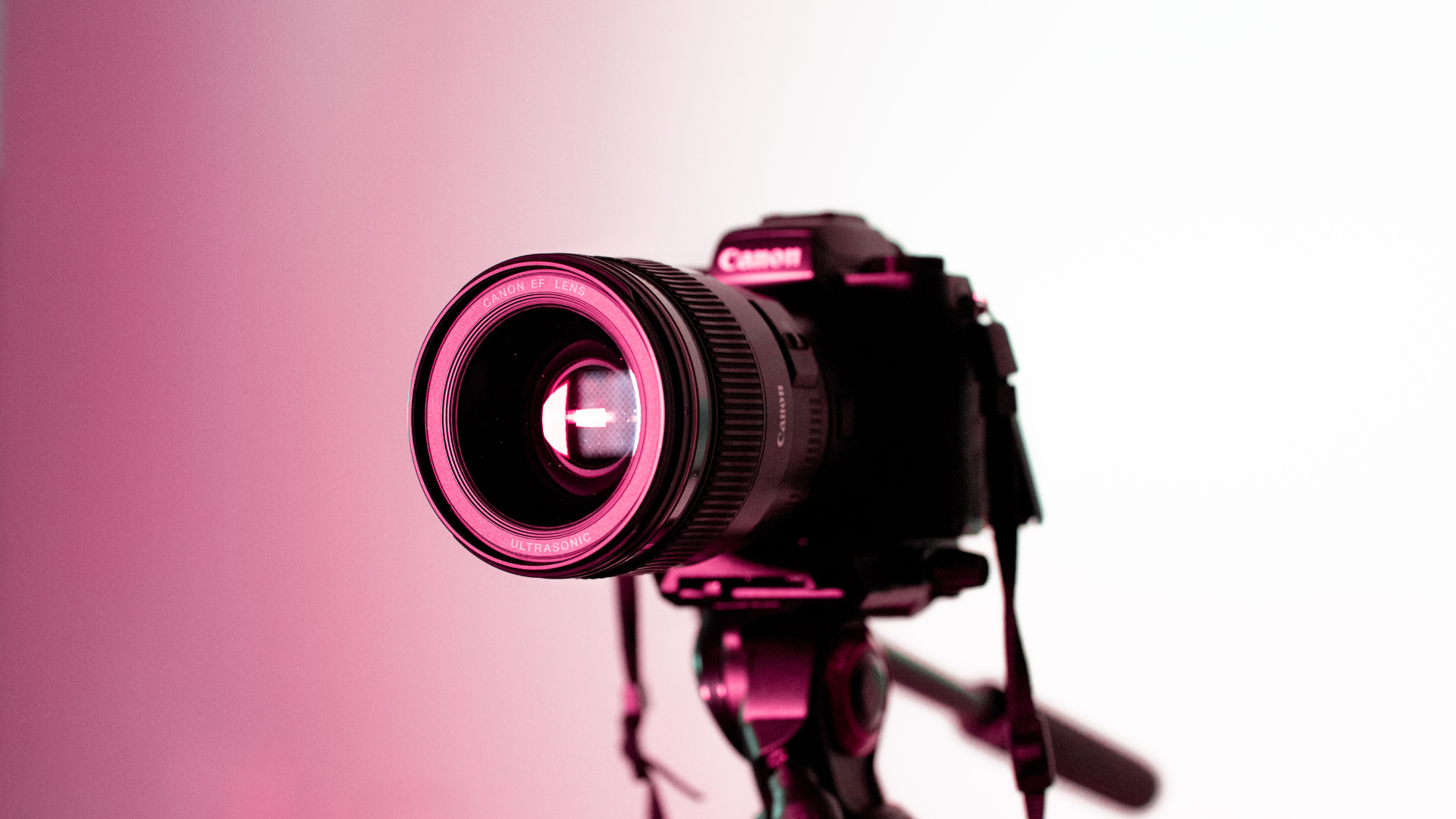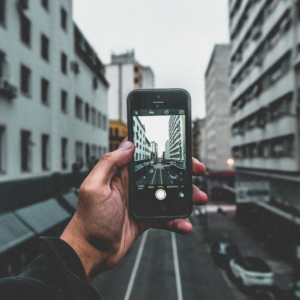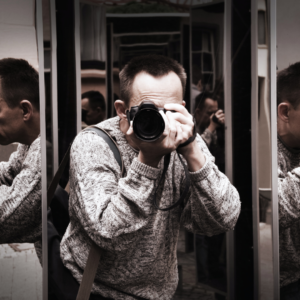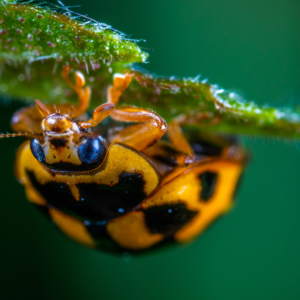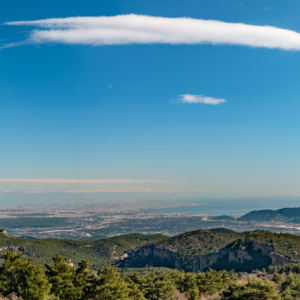Buying a camera is an important decision. After all, you’re going to be using it every day to capture memories of your family, your travels, and your life. So it’s important to do your research and make the right choice for you. In this article, we’ll outline 7 key things to keep in mind when buying a camera.
1. Type of Photography You Plan On Doing
When it comes to photography, there are a lot of different types that someone could consider. Depending on what they’re hoping to achieve with their photos, they may want to buy a camera that is better suited for that type of photography. Here are some things to think about when buying a camera:
If you plan on doing a lot of landscape and outdoor photography, then you might want to buy a camera with an optical zoom lens. This will allow you to get closer to the subject without having to move around too much.
If you’re looking for a camera that is specifically good for taking selfies, then you might want to buy one that has a wide-angle lens. This will give you more space in which to take your selfie and make sure it’s properly centered in the frame.
If you plan on doing a lot of portrait photography, then you might want to buy a camera that has a good autofocus system. This will make it easier to get the focus correct and keep the subject in focus.
Once you know which type of photography you want to do, you should then think about what your clients would expect from your photos. For example, when a happy couple decides to hire a professional Essex Wedding Photography company, they want that photographer to capture photographs that not only show how happy they are but the small things around them too, such as the background and the reaction of their guests.
Only a quality camera and a skilled photographer will be able to achieve this, so it is important that you have a thorough understanding of the type of photography you want to do first.
2. Budget
When it comes to buying a camera, one of the most important factors is budget. There are a lot of different types of cameras available on the market, and each one can cost a different amount.
The more money you have to spend, the more options you have for camera brands and models. If your budget is tight, then you may need to consider a less expensive model or brand. However, if your budget is more flexible then you can buy a higher-end camera that will last longer and take better pictures.
Depending on what you’re looking for, you may be able to find a camera that fits your budget better. Here are some things to consider when budgeting for a camera:
The type of camera you buy is important, but so is the size of the camera sensor. A smaller sensor will generally be cheaper than a larger sensor, but it won’t be as sensitive. If you plan on taking photos in low-light conditions, then you’ll want to buy a camera with a high-sensitivity sensor.
Another thing to consider when budgeting for your camera is storage capacity. If you’re planning on taking lots of photos, then you’ll want to buy a camera with an SD card or internal storage option. Not all cameras have these options, so be sure to ask before you buy.
3. Size and Weight
When looking to buy a camera, there are a few things to consider. Size and weight are important factors, as well as the features of the camera.
Some cameras can be very small and lightweight, while others may be larger and heavier. You’ll want to decide what is best for your needs.
Some people prefer smaller cameras because they don’t need as many features or because they want to take them with them when they travel. Larger cameras may be better if you plan on using them for photography purposes or if you want more features than a smaller camera offers.
4. Image Quality
When deciding to buy a camera, it’s important to consider what you’re going to use it for. Some key factors to consider are the image quality and features offered by the camera.
Some cameras offer better image quality than others. It’s important to decide what you need and want in a camera before making a purchase.
For example, if you plan on taking photos of landscapes or outdoor scenes, a camera with high-resolution capabilities will be necessary. But, if you only plan on using your camera for taking candid shots of friends or family, a lower-resolution model may be more than enough.
5. Image Stabilization
If you want to take good photos or videos, make sure to buy an image stabilizer. This technology helps reduce the shake that can occur when you take pictures or shoot videos. Without image stabilization, your pictures and videos will look shaky and out of focus.
6. Aperture Size
Another important consideration is aperture size. The larger the aperture, the more light your camera can capture and let into the lens. This allows for shallow depth-of-field (DOF), which creates a blurry background while keeping the subject in sharp focus.
The aperture also affects how much light enters your camera sensor. So it’s important to choose one that works well with your shooting style and needs.
7. Sensor Size
The sensor size is also important. A large sensor will give you more resolution and detail in your photos. A small sensor will result in images that are less detailed but may be easier to post online or print out large sizes without losing quality.

